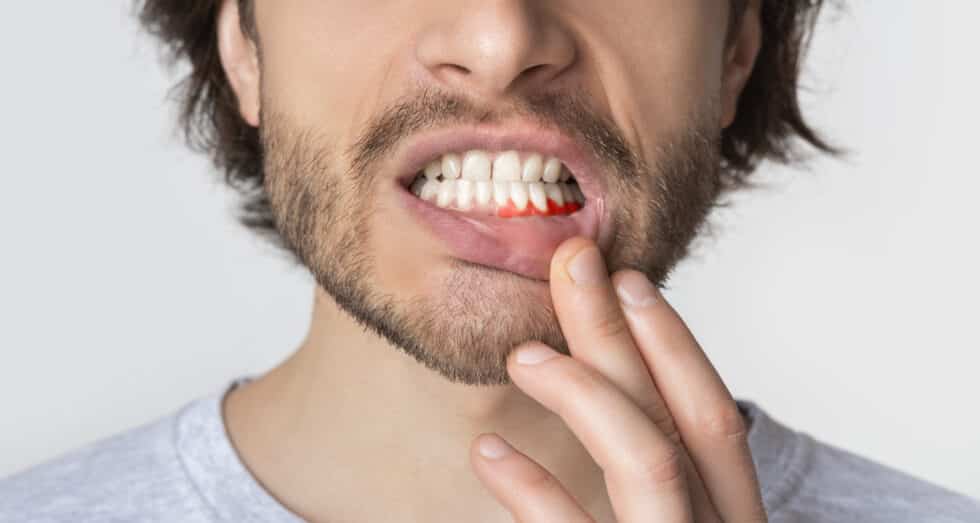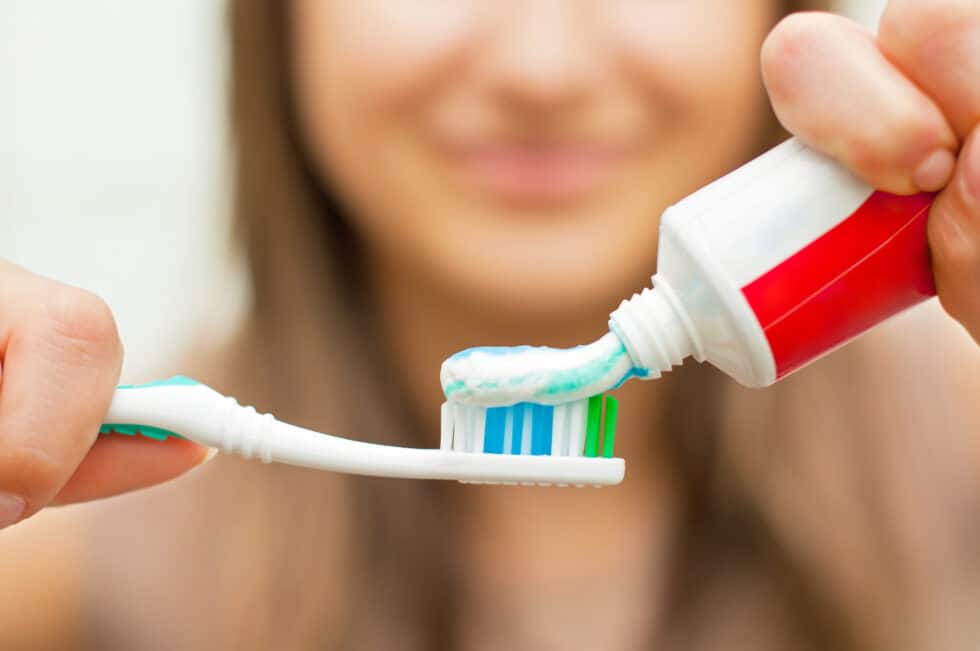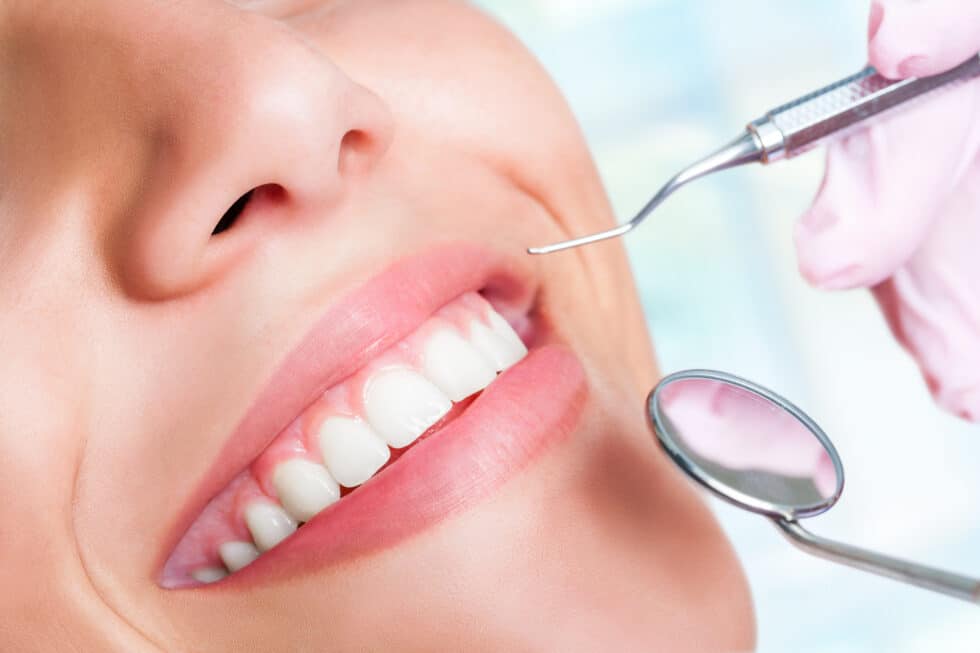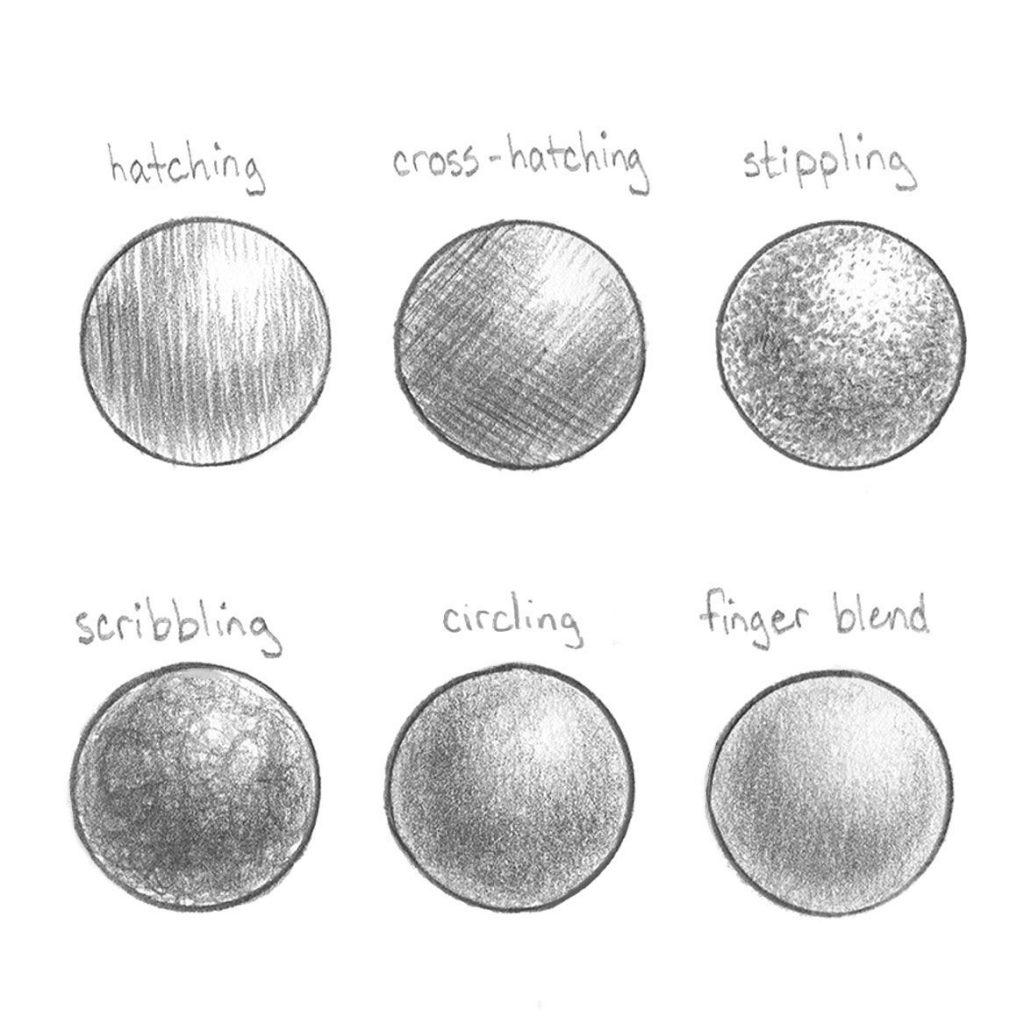

Gum infections can start small and sometimes go unnoticed. You might observe your gums swollen or inflamed and occasionally bleed when brushing. This infection is called gingivitis, caused by a buildup of bacteria in the mouth. Gum infection becomes a serious issue when you notice them beginning to recede, sometimes causing damage to the bone and underlying teeth. If the receding of your gums becomes too significant, they may require surgery. It is best to prevent receding gums before it becomes too severe; here are six ways to be proactive:
Be Gentle when Brushing your Teeth

Brushing your teeth too hard can contribute to gum recession. Some people brush their teeth with extra force, thinking that they are cleaning better, but this causes damage not only to your gums but to the enamel on your teeth. Clean your teeth gently using a soft bristle brush.
Rinse with fluoridated mouthwash
Take a trip to your local pharmacy and find fluoridated mouthwash to prevent gum disease. Fluoridated mouthwash can prevent tartar buildup and reduce the amount of plaque on your teeth, and it is even helpful in removing food particles that are lodged in your teeth. Reminder, mouthwash is not a replacement for teeth brushing.
Stop Tobacco Use

Products that contain nicotine are not preventing your gums from receding (chewing tobacco, e-cigarettes, cigarettes). Tobacco leaves a difficult-to-remove sticky residue on your enamel. If you aren’t cleaning your teeth properly, tobacco will lead to gum recession, and using tobacco also increases your risk for gum disease.
Fix your Teeth Grinding Problem
If you grind your teeth while sleeping or when you are stressed out, this could lead to a significant number of dental problems. Grinding your teeth puts pressure on the gums, which is a common cause of gum recession. Visit your dentist to find a solution; wearing a night guard helps prevent further damage.
Mouth Piercings
A good way to irritate your gums would be to wear earrings inside or around your mouth. The jewelry in your mouth will bother your gums and, in time, cause them to recede by wearing away the tissue.
Frequently Visit your Dentist

All of the above can help prevent gum recession, but seeing your dentist every six months is the most crucial step in oral care. Consistent dental visits ensure all of the plaque and tartar is removed from your teeth’s surface. Dentists can perform an oral examination checking for broken or chipped teeth, decaying teeth, receding gums, throat or mouth cancer signs, and much more.
The above information can prevent receding gums and reduce the risk of contracting other health issues like gum disease. Regular checkups could unveil problems that you didn’t even notice and ensure they are solved in their early stages. If you are due for a cleaning or checkup or are concerned about your oral health, now is the time to contact Dentistry 32.




